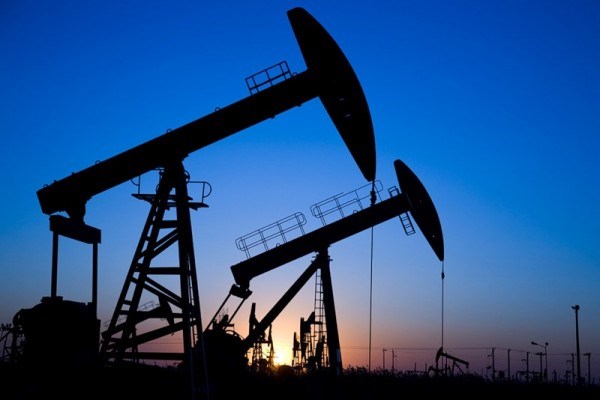Belarus hikes tariff on Russian oil transit
The Belarusian company GomelTransNeft Druzhba plans to hike its tariff for transporting Russian oil through pipelines in Belarus by 16.6%, TASS news agency reports, citing the press service of Russia’s Federal Anti-Monopoly Service (FAS).
“If there is no agreement on the size of the tariffs between the pipeline transport organizations of Russia and the Republic of Belarus, the mentioned issue must be dealt with by the tariff regulation authorities of Russia (FAS) and the Republic of Belarus (MART) by no later than January 15, 2020,” the Russian anti-monopoly department noted.
The FAS said that if there is no agreement on the magnitude of the indexation of tariffs, between Russia’s FAS and Belarus’s MART tariffs are indexed at 6.8%, “the average consumer price index for 2020 (3.8%), established by the parameters of predictions of Russia’s socio-economic development, increased by no more than 3%”.
On December 11, FAS Deputy Head Anatoly Golomolzin told TASS that Belarus had proposed to discuss a revised tariff for oil transit in 2020 with Russia’s Transneft.
Transneft spokesperson Igor Demin said later that Transneft had received a tariff revision proposal from Belarus, but had not agreed to the proposed hike, since it was significantly higher than the expected increase after the summer tariff hikes, and was not validated by calculations. Transneft brought the matter to the FAS’s attention, in accordance with established protocol.
Svetlana Gurina, deputy chairperson of the Belarusian state oil concern Belneftekhim, said at the end of October that, when discussing the revised oil transit tariffs for 2020, Belarus wants to bring up the topic of compensating the Belarusian operator of the Druzhba pipeline for the losses caused by the “dirty oil” incident.
In April, chloride-contaminated oil ended up in the Druzhba pipeline, which is used to export oil from Russia through Belarus to Europe. As a result, transit through the pipe was temporarily put on hold. According to Russia’s internal investigation, the dirty oil entered the pipeline through the private Samaratransneft Terminal, which accepts oil from several small producers. Transit through the Druzhba pipeline was resumed in May.
